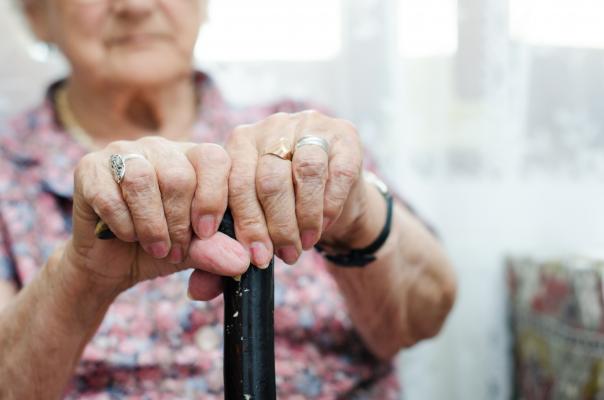
Researchers from the University of East Anglia found that although 20% of their study group already had ‘low intake dehydration’ and a further 28% ‘impending dehydration’ testing that used 49 signs and symptoms of dehydration.
These included skin turgor (firmness), dryness on mouth and skin, sunken eyes, blood pressure, temperature, pulse rate ad self-reported feelings of thirst and wellbeing.
Authors of the study Diane Bunn and Lee Hooper concluded: “This study consolidates evidence that commonly used signs and symptoms of dehydration lack even basic levels of diagnostic accuracy in older adults, implying that many who are dehydrated are not being identified, thus compromising their health and wellbeing.”
They suggest the tests are replaced with a two-stage blood screening process, to initially diagnose and then follow up with those the test identifies as at high risk.
The study looked at 188 residents from 56 care homes offering residential, nursing and/or dementia care to older adults in Norfolk and Suffolk.
The average age of the participants was 85 years old and two thirds of them were women.
The study has been published today in the Journal of the American Medical Directors Association.